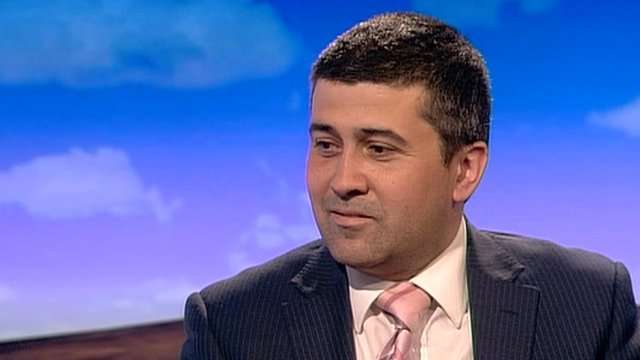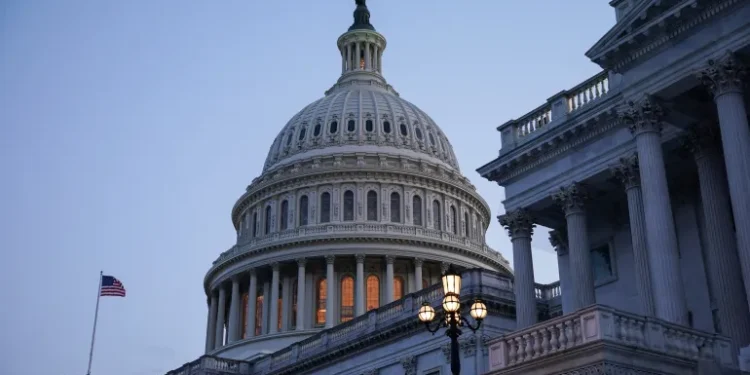Newly released data for 2023 revealed a significant surge in visa issuance, allowing social care workers to enter the UK.
However, despite this uptick, the official data indicated that Rishi Sunak’s government made slow progress in fulfilling its pledges regarding asylum seekers and immigration control.
Home Office visa data showed that the number of visas granted to individuals seeking employment in the care sector, excluding dependants, soared to 106,000 in 2023.
Notably, health and care visas now constitute a substantial 75% of all long-term “skilled worker” visa grants, underscoring a notable shift towards the public sector in the work visa system.
Madeleine Sumption, the director of the Migration Observatory, said, “When free movement ended, the government said that employers would have to adjust. It turns out what this meant was that other employers would have to adjust.”
“Where workers are directly or indirectly employed by the government, there has been much less enthusiasm to restrict. This has meant the public sector has increasingly dominated the skilled work visa system.”
Madeleine Sumption
The figures released on Thursday, February 29 came as the Conservatives and Labour gear up for immigration to be a key battleground at the general election later this year.
By the close of 2023, the backlog of asylum applications stood at 128,786, reflecting a reduction of nearly 40,000 compared to figures from September 2023.
However, this figure remains elevated compared to the 109,000 backlog recorded in March 2022.
As of December 31, 2023, there were 3,902 legacy cases—applications submitted before June 2022—awaiting an initial decision.
Home Office Faces Criticism Over Asylum Backlog Handling
Moreover, in January 2024, the Home Office faced criticism from the statistics watchdog following accusations of misleading information regarding the clearance of a portion of the asylum backlog.

Sunder Katwala, the director of the British Future think tank, stated, “These figures show how the government has tackled one asylum backlog only to start building another.”
Six months after Sunak promised to end the use of hotels to house asylum seekers temporarily, there are 45,768 people still living in them as they wait for their applications to be processed.
However, regarding the Prime Minister’s central commitment to halt the use of small boats by refugees crossing the Channel, recent figures indicate some advancement.
In 2023, a total of 29,437 individuals arrived in the UK via small boats, marking a 36% decline compared to 2022. The report attributes much of this decrease to a substantial 93% reduction in Albanian arrivals.
The Home Office acknowledged that adverse weather conditions contributed to a significant drop in small boat arrivals during the latter part of last year.
Additionally, there were 64% fewer small boat arrivals in the last three months of 2023 than in the same period in 2022.
The report also showed that Afghans constituted a significant portion of small boat arrivals, comprising one-fifth of the total with 5,545 individuals. Many of them were fleeing the Taliban or had worked with UK forces.
Iranians formed the second-largest national cohort among small boat arrivals, numbering 3,562 people.
According to the Home Office, there were 67,337 asylum applications filed in the UK in 2023, involving 84,425 individuals.
This marked a decrease compared to the previous year, which saw 81,130 applications relating to 99,939 people in 2022—the highest total for any calendar year since 2002.
Furthermore, in the last quarter of 2023, the UK Home Office denied a significant number of asylum applications.
During that period, the agency denied 15,380 applications relating to 19,997 individuals.
It was the highest number of rejections in any three months since the period from July to September 2001.
READ ALSO: Sacked Watchdog Urges Home Secretary To Boost Security Measures





















